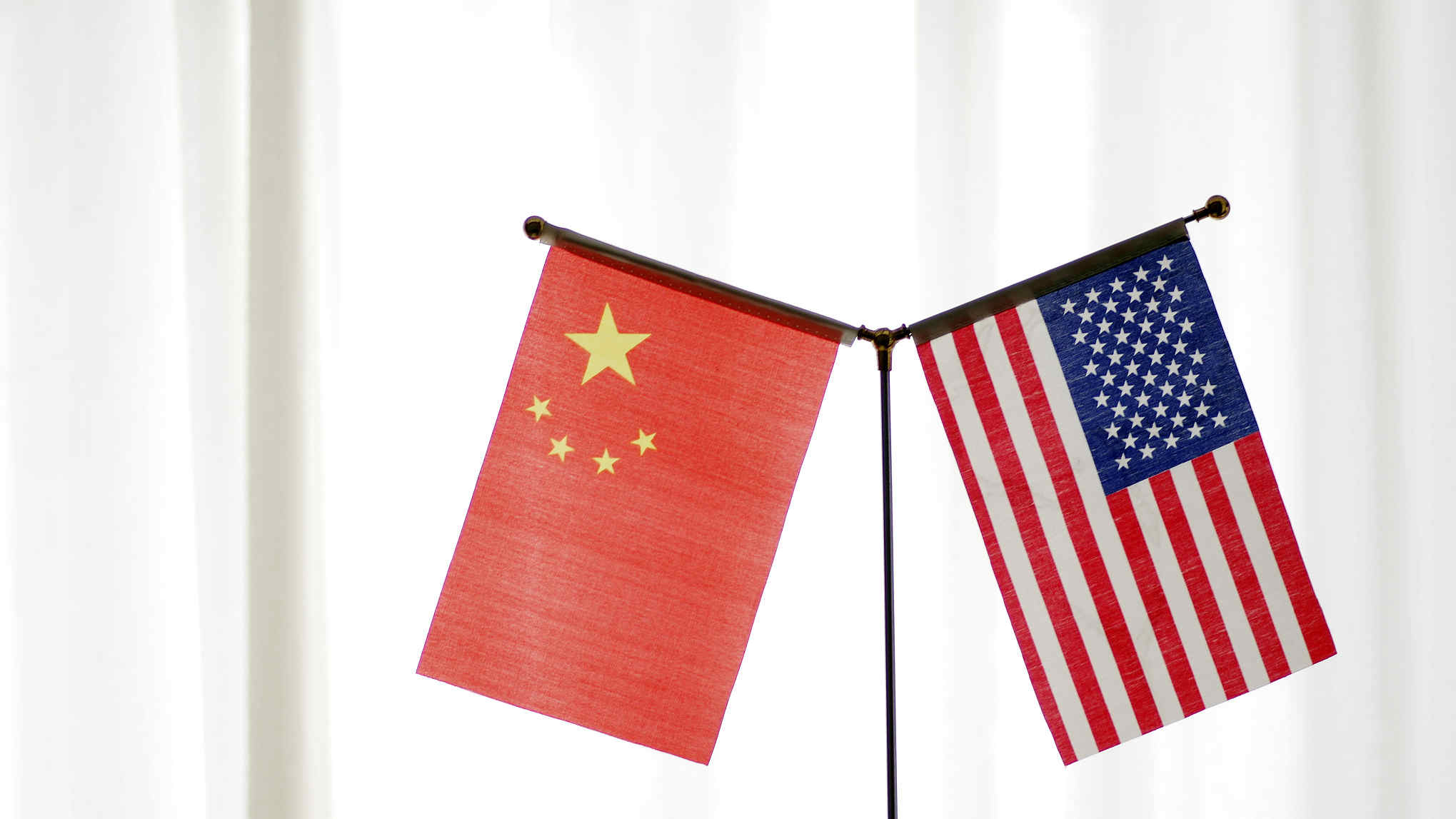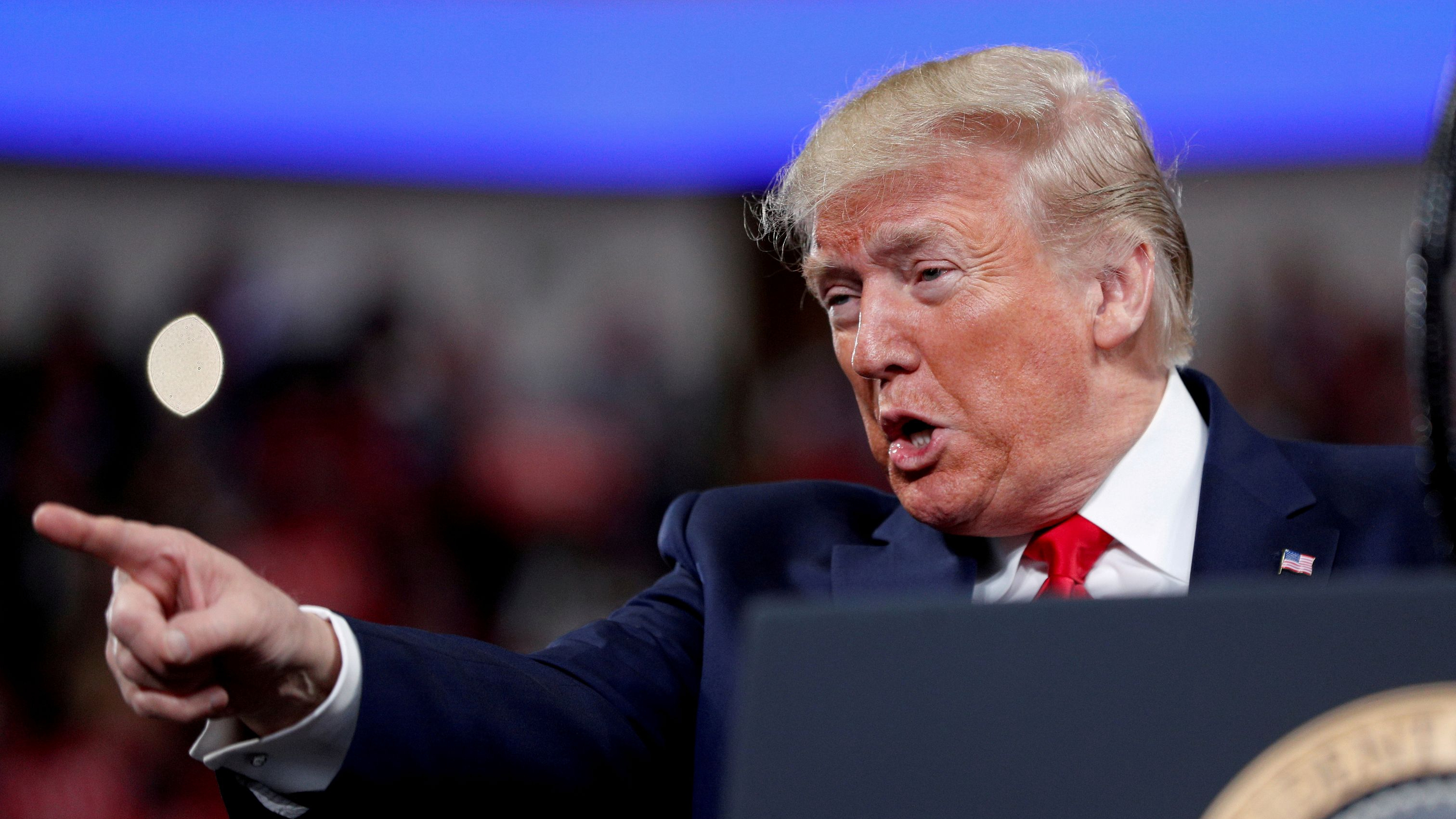
Editor's Note: Huang Jiyuan is an opinion editor with CGTN Digital. This article is based on his interview with Wu Xinbo, director of Fudan University's Center for American Studies, and Liu Baocheng, director of the Center for International Business Ethics at the University of International Business and Economics. The article doesn't necessarily reflect the views of CGTN.
After more than a year of mutual sanctions and verbal volleys, a truce has been called. On Friday, December 13, China announced that it and the United States have come to an agreement on the text of a phase one trade deal.
There seems to be widespread relief at the prospect of ending this conflict between the two biggest economies in the world. The Dow Jones Index soared more than 100 points in reaction to China's announcement of the deal.
Liu Baocheng, director of the Center for International Business Ethics at the University of International Business and Economics, believes that the agreement provides a "critical pause in the trade war which is on the verge of acceleration" and ensures trade relations "are still manageable by engagement for further negotiations in the same trajectory." Wu Xinbo, director of Fudan University's Center for American Studies, argues many of the deal's critics in the U.S. Congress are speaking out in opposition for political necessity, given the Democrats are not part of the negotiation process and will criticize the White House regardless of the circumstances.
While there is cause for celebration, Friday's announcement doesn't mean a conclusion to the dispute between China and the United States.
"At this moment, it looks like the road (towards the eventual trade deal) is still long," says Wu. He believes political will in both countries will ultimately determine the outcome of the trade negotiations.

U.S. President Donald Trump's political future is set to play a part in the future negotiations of the trade deal. /Reuters Photo
U.S. President Donald Trump's political future is set to play a part in the future negotiations of the trade deal. /Reuters Photo
Wu identifies politicization of every aspect of the deal on U.S. side. "Even on something like tech, the issue is not about tech itself," he says. There is a systematic clash between China and the United States, he states, and the U.S. is trying to suppress China's development with every tool available.
Areas such as science and state-owned enterprises are all extremely complicated contention points between the two countries. The U.S. is going to push China in this highly anti-China political climate, Wu contends, and the Chinese government has to calculate how much of a compromise it is willing to make.
Liu believes hawkish elements in both U.S. and China are trying to stir up confrontation between the two countries. For now, Liu sees the trade negotiation as insulated from them. But he does not believe diplomatic and economic decisions are impervious. "U.S. attempts are already being made to team up with its allies for strategic containment … the Pentagon is getting more aggressive to propel the White House to take a tougher stance against China in multiple dimensions," says Liu.
Wu concurs that there are a multitude of conflict points between China and the United States. Even as the economic conflict dials down, other areas are flaming up. Next year's leadership election in Taiwan is set to be a hotspot for the China-U.S. bilateral relationship, he says. "It is not a question of when, but a question of whether a successful second phase negotiation is possible."
The path forward is delicate for both countries. But for the sake of both Chinese and American people, it is a tightrope that must be walked successfully.
(If you want to contribute and have specific expertise, please contact us at opinions@cgtn.com.)